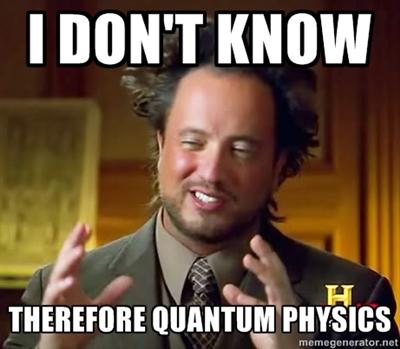- Joined
- Oct 8, 2008
- Posts
- 2,050
- Likes
- 312
Scientism, far from any negative connotations, is the preferred method of determining truth. Whatever one's beliefs are on metaphysical matters, there is an overlap where knowledge can be said to be verifiably true. I don't think that there are many (any?) instances in head-fi discussion of the science of audio where one absolutely has to go into philosophy to determine the truth.
We need to respect the limitations of scientific investigation, but come on, we don't need to invoke mystical explanations for why one person hears something differently from another.
Quote:
Science is divided into laws and theories. Laws are 99% true while theories are just, well theories (0% - 5% fact). Theories were like faith, one can either believe it or not. Theories such as evolution and the black hole are highly controversial and is subjective. Even scientists have conflicting views on many areas. Some people witnessed miracles, some witnessed aliens, but their sightings are doubted although it may be true. It's sad that science theories are misinterpreted as science facts or laws.
No.
I don't even know where to start... just no.




